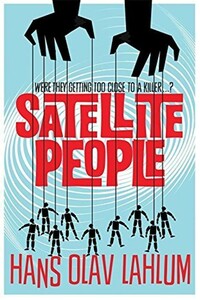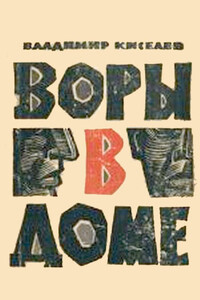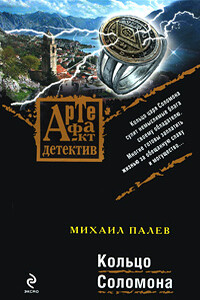The Catalyst Killing | страница 33
She looked a little sad when she said this; the case had obviously piqued her curiosity. I personally had absolutely no wish to finish our conversation, and so asked how Miriam had interpreted the events leading up to her leaving the group. She looked at me and asked what importance that might have to me or the murder investigation, but then jokingly added that she no doubt remembered things very differently from the rest of the group.
As she remembered it, Anders Pettersen had held one of his ‘long, passionate and nebulous’ lectures. His argument, in short, was that everything the USA did was wrong and that President Nixon’s hands were stained with human blood. China, on the other hand, was the new Soviet and a land of opportunity, and Mao was the greatest leader of our time. The SPP, with its half-hearted support, had proved to be a class traitor both in terms of the working class in Norway and the hundreds of millions of liberated workers in the Soviet and China. Anders’ conclusion, therefore – and he believed that Falko would have wanted the same – was that the group should split from the SPP.
As she remembered it, Miriam herself had replied that politics were more about making things right than being right. They should therefore join with the SPP and take part in the election campaign rather than splintering into an unaffiliated group which was not even a party, and which had no realistic chance of winning representation in that year’s election. Then she had added that there should be no doubt about the democratic stance of Norwegian socialists, and that if one used one’s eyes, it was easy to see that China and the Soviet were one-party systems and that both Mao and Brezhnev also had blood on their hands. She admitted that this was somewhat provocative, but that it was undeniably both true and important. I had no problem in agreeing with her.
Miriam Filtvedt Bentsen gave a crooked smile and assured me that she had not expected to win over the majority of the group. She had nurtured a faint hope that Marie Morgenstierne might come with her, but was not surprised when she left alone. And she had never regretted her decision to leave. She had come into contact with the group through her anti-Vietnam activities, and still agreed with them on that point. But she could not follow the group in their support of dictatorship, and had become increasingly provoked by their simplifications and partiality following the disappearance of Falko Reinhardt.




